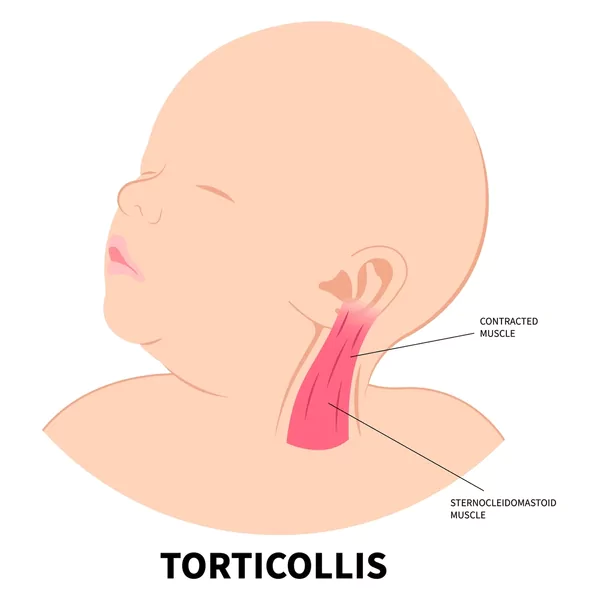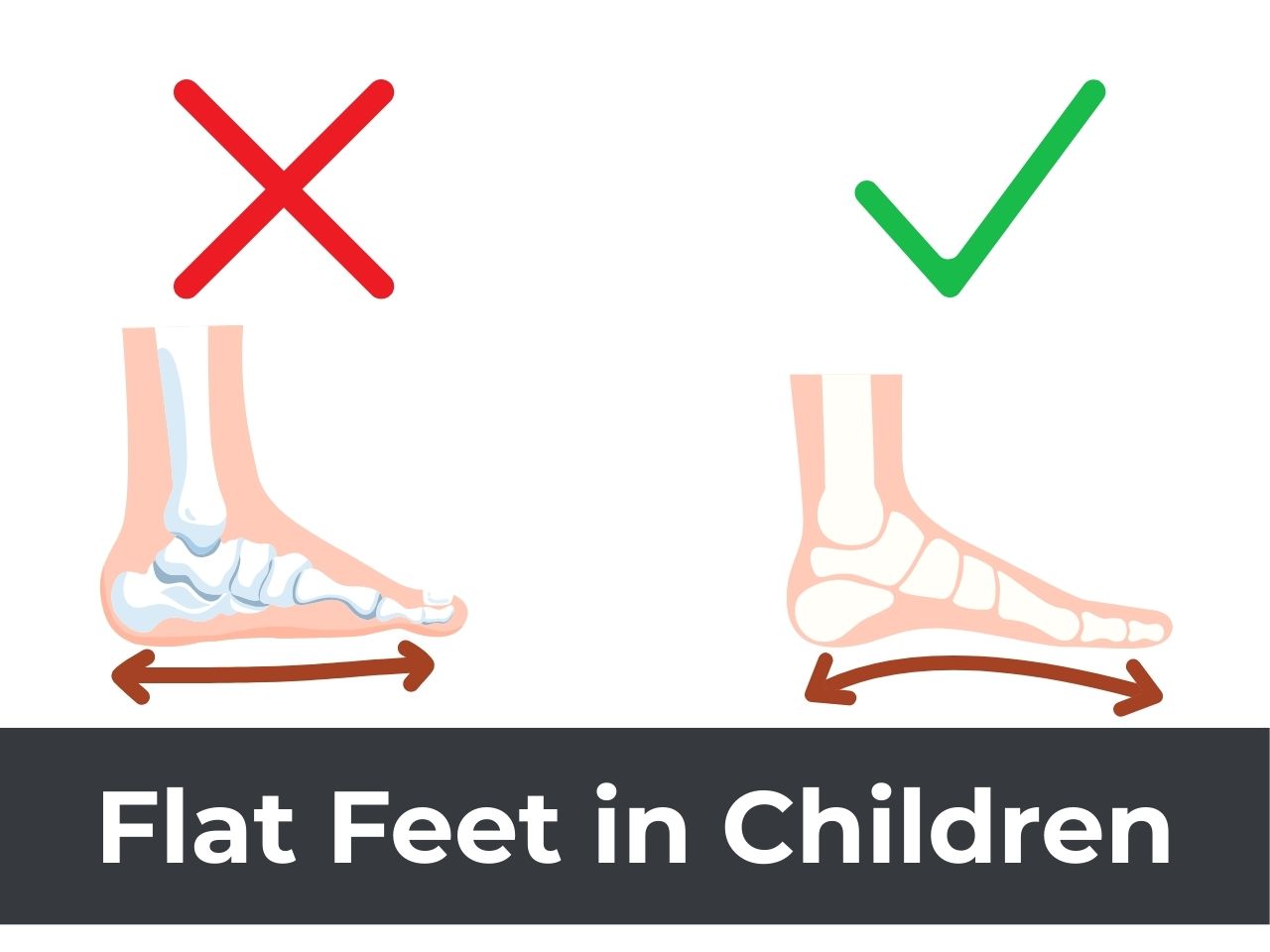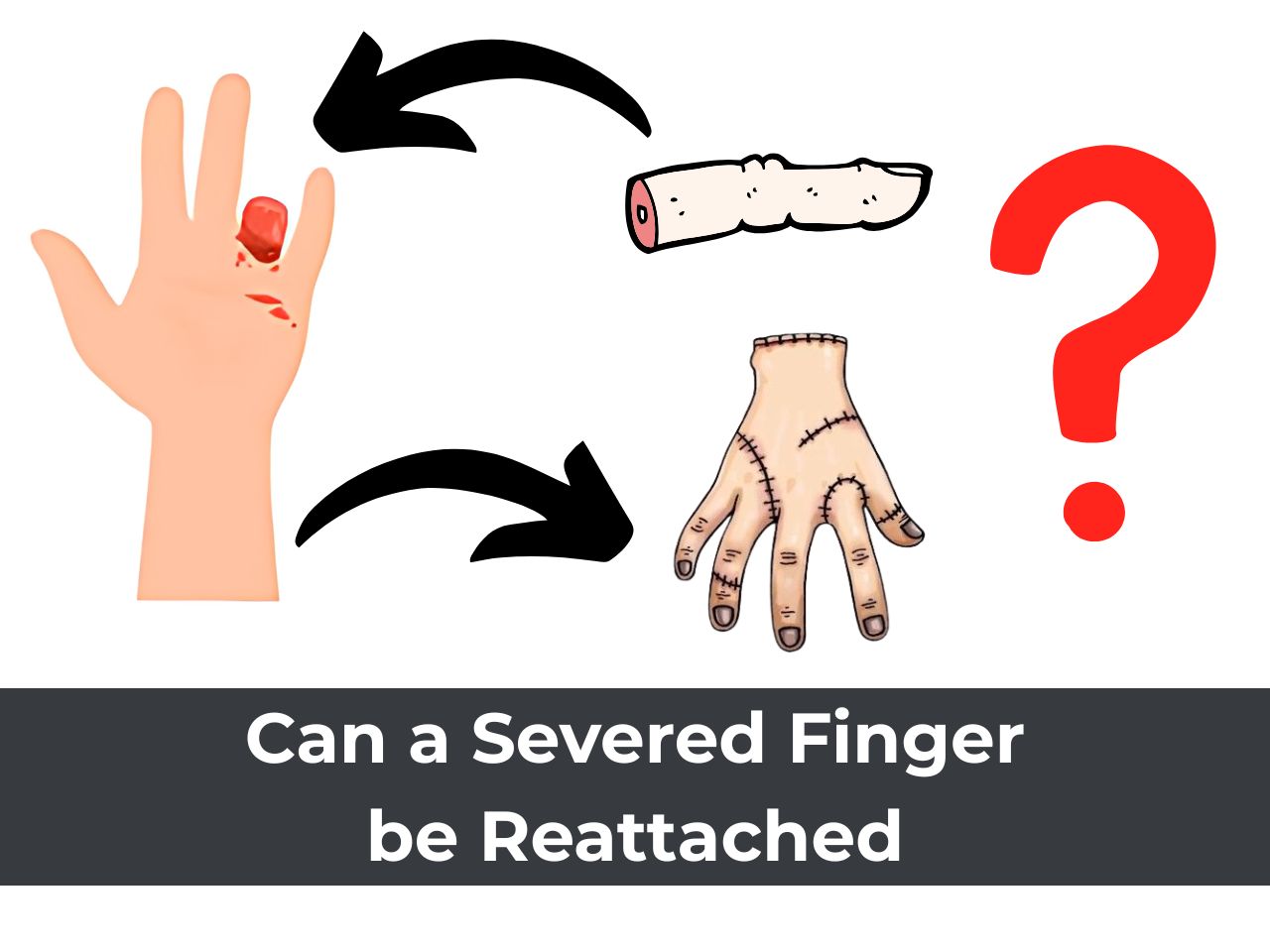Introduction
Postoperative pain is a significant concern for patients undergoing surgery. Effective management of postoperative pain is crucial not only for the patient’s comfort but also for promoting quicker recovery and overall well-being.
At Pinnacle Orthocentre Hospital, an advanced orthopaedic hospital in Thane, we are committed to utilizing the latest techniques in postoperative pain management to ensure our patients experience the best possible outcomes.
What is Postoperative Pain?
Postoperative pain refers to the discomfort and pain experienced by patients after undergoing surgery. This pain can vary in intensity and duration, depending on the type of surgery and the individual patient’s condition.
Common Causes of Postoperative Pain:
- Surgical Trauma: Damage to tissues during surgery.
- Inflammation: Body’s response to surgical intervention.
Symptoms of Postoperative Pain
Recognizing the symptoms of postoperative pain is essential for effective management.
Common Symptoms Include:
- Acute Pain at the Surgical Site: Sharp or throbbing pain where the surgery was performed.
- Swelling and Inflammation: Redness and swelling around the surgical area.
- Limited Mobility and Stiffness: Difficulty moving the affected area due to pain.
Traditional Methods of Postoperative Pain Management
Analgesics and Pain Relievers
Traditionally, analgesics and pain relievers have been the cornerstone of postoperative pain management.
- Opioids: Powerful pain relievers, often used for severe pain.
- Non-Opioid Medications: Such as NSAIDs (Non-Steroidal Anti-Inflammatory Drugs) and acetaminophen, are used to manage mild to moderate pain.
Regional Anesthesia and Nerve Blocks
These techniques involve numbing specific areas to provide targeted pain relief.
- Epidural Anesthesia: Commonly used during and after surgeries to numb the lower body.
- Spinal Blocks: Administered into the spinal fluid to block pain.
- Peripheral Nerve Blocks: Local anesthetics are injected near specific nerves to block pain in a particular area.
New Techniques in Postoperative Pain Management
Multimodal Analgesia
Multimodal analgesia involves using a combination of different types of pain relievers to achieve more effective pain control.
- Benefits: Reduced reliance on opioids, lower risk of side effects, and improved overall pain relief.
Enhanced Recovery After Surgery (ERAS) Protocols
ERAS protocols are comprehensive guidelines designed to improve postoperative outcomes and reduce pain.
- Overview: Involves preoperative, intraoperative, and postoperative strategies.
- Role in Reducing Post Operation Pain: Emphasizes pain control, early mobilization, and optimal nutrition.
Cryotherapy and Cold Therapy
Cryotherapy involves the application of cold packs or ice to the surgical site.
- Benefits: Reduces swelling and inflammation, leading to less pain.
Local Anesthetic Infusion Pumps
These pumps continuously deliver local anesthetics to the surgical site.
- Advantages: Provide consistent pain relief and reduce the need for systemic pain medications.
Transcutaneous Electrical Nerve Stimulation (TENS)
TENS therapy uses electrical impulses to alleviate pain.
- How it Works: Electrical impulses interfere with pain signals, providing relief.
- Effectiveness: Proven to be effective in managing postoperative pain symptoms.
Ultrasound-Guided Nerve Blocks
Ultrasound technology is used to guide the placement of nerve blocks with precision.
- Precision and Accuracy: Allows for targeted pain relief with fewer complications.
- Advantages: Enhanced effectiveness compared to traditional blind nerve blocks.
Benefits of New Techniques in Postoperative Pain Management
Improved Pain Control
These advanced techniques offer more effective relief of post op pain, reducing the need for opioids and minimizing side effects.
Faster Recovery Times
Patients benefit from enhanced mobility and participation in physical therapy, leading to shorter hospital stays and quicker recoveries.
Better Patient Satisfaction
With reduced postoperative pain symptoms and a focus on patient comfort, these techniques significantly enhance the overall patient experience.
Implementing New Pain Management Techniques at Pinnacle Orthocentre Hospital
Commitment to Advanced Pain Management
At Pinnacle Orthocentre Hospital, we are dedicated to adopting new technologies and methods to provide the best postoperative pain relief for our patients.
Continuous Staff Training and Education: Ensures our team is always updated with the latest pain management techniques.
Patient-Centered Approach
We prioritize individualized pain management plans, carefully monitoring and adjusting treatments to achieve optimal outcomes.
Orthopaedic Hospital in Thane: Pinnacle Orthocentre Hospital is a leading facility in Thane, specializing in advanced postoperative pain management techniques.
Conclusion
Effective postoperative pain management is essential for ensuring patient comfort and promoting faster recovery. The new techniques in postoperative pain management, such as multimodal analgesia, ERAS protocols, and advanced methods like TENS and ultrasound-guided nerve blocks, offer significant benefits over traditional approaches.
At Pinnacle Orthocentre Hospital, we are committed to providing the highest standard of care using these innovative techniques, making us a top choice for managing postoperative pain in Thane.
By incorporating these advanced techniques, Pinnacle Orthocentre Hospital stands at the forefront of postoperative pain management, ensuring our patients receive the best care possible for their recovery journey.






0 Comments